Appleby Castle is a historic landmark located in Appleby-in-Westmorland, Cumbria, England. It has a fascinating history that spans over nine centuries.
The history starts as far back as Roman times and carries on through to the Normans, Great Kings, the Clifford family (especially Lady Anne Clifford), and then through the civil war toward the present day.
Over the hundreds of years its existed, Appleby Castle retains remnants of its early history combined with information about how each age has left its mark up until the present day.
It is a castle that has kept a lot of its historic soul; a castle that you can stay in and feel the ambience that you would expect. A place to see and learn, a place to experience the past, a place to perhaps spoil yourself.
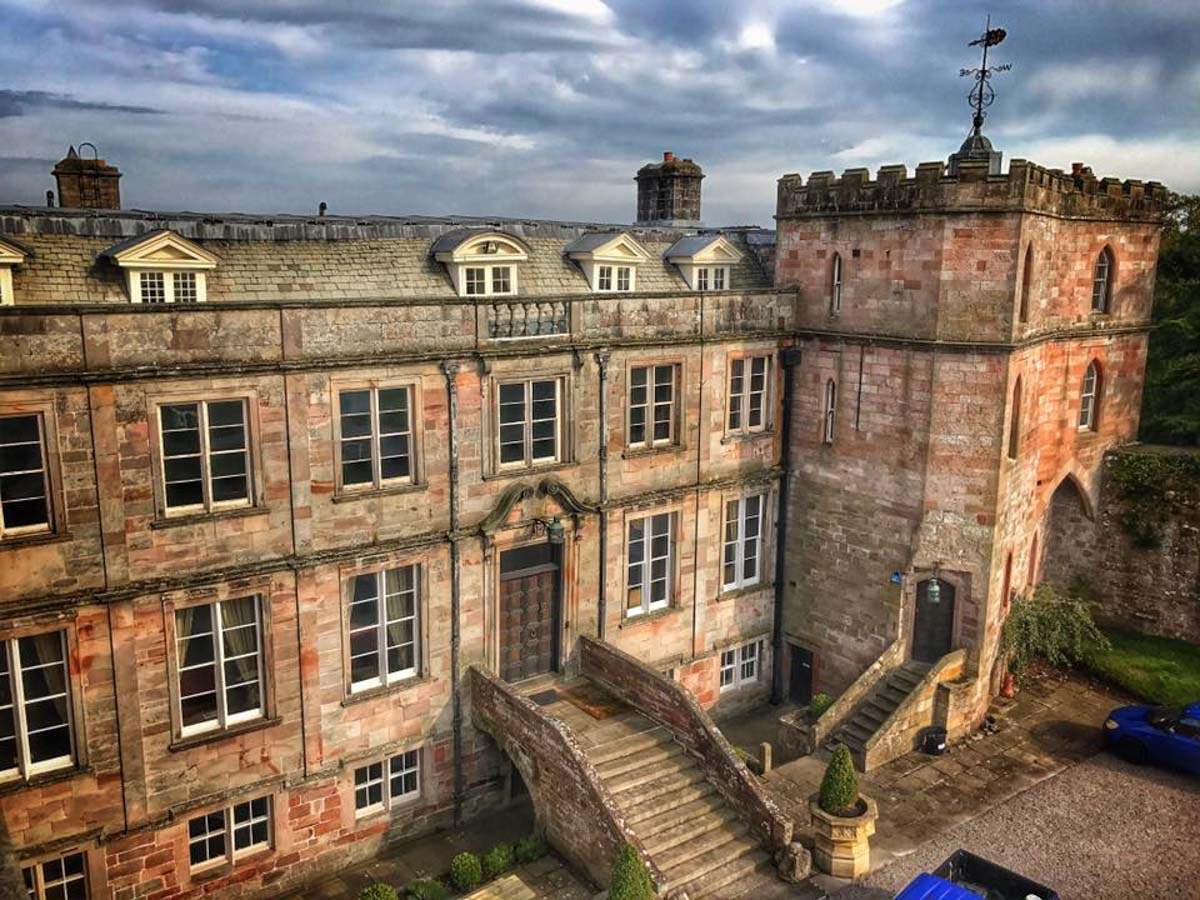
However, as far as staying there as a hotel, don’t expect pure luxury or the customer service you may expect from other similar hotels at this price or stature. It is certainly quirky.
History Of Appleby Castle
The first sign of the history in the vicinity of the current castle can be seen from much of the area around the town of Appleby. It is known that the Romans used this spot, overlooking the River Eden, as a signal point. They built a fort where Appleby Castle now stands to protect the river crossing.
After the Romans came the Vikings from Denmark. They settled in Appleby and the town name actually comes from a mix of Old English and Old Danish. Appleby with the Danish suffix means Place of Apples.
Appleby Castle started to form to today’s castle when it was originally constructed in the 12th century by Ranulf le Meschin, a Norman Baron. Over the years, it underwent several modifications and expansions, resulting in its present-day architectural style, which combines elements of Norman and medieval design.
The castle’s most distinctive feature is its imposing stone keep, which was built in the 12th century and stands as a testament to the defensive nature of the castle. It boasts a quadrangular layout with four towers at each corner. The keep is surrounded by a curtain wall, along with various other structures such as the great hall, chapel, and residential quarters.

Throughout its history, Appleby Castle has been a residence for several notable figures and witnessed significant events.
Geographically, it was taken by the Scots soon after on one of their invasions, but, once regained by Henry II in 1157, the castle came into the property of Hugh de Morville, one of the knights who murdered Thomas Beckett.
In the 14th century, it came into the possession of the Clifford family, who held the castle for over 400 years. Lady Anne Clifford, a prominent figure in English history, inherited the castle in the 17th century and undertook extensive renovations to restore its grandeur.
During the English Civil War in the 17th century, Appleby Castle played a role in the conflict. It was initially held by Royalist forces but later seized by Parliamentarians. The castle was besieged and sustained damage during this period.
In the 18th and 19th centuries, the castle went through a period of neglect until it was purchased by the Brougham family in the mid-19th century. They undertook restoration work, including the addition of Gothic-style features.
Appleby Castle’s rich history, architectural features, and notable past inhabitants make it a captivating destination for history enthusiasts and visitors alike. It stands as a testament to the enduring legacy of medieval architecture and the evolving roles castles have played throughout history.
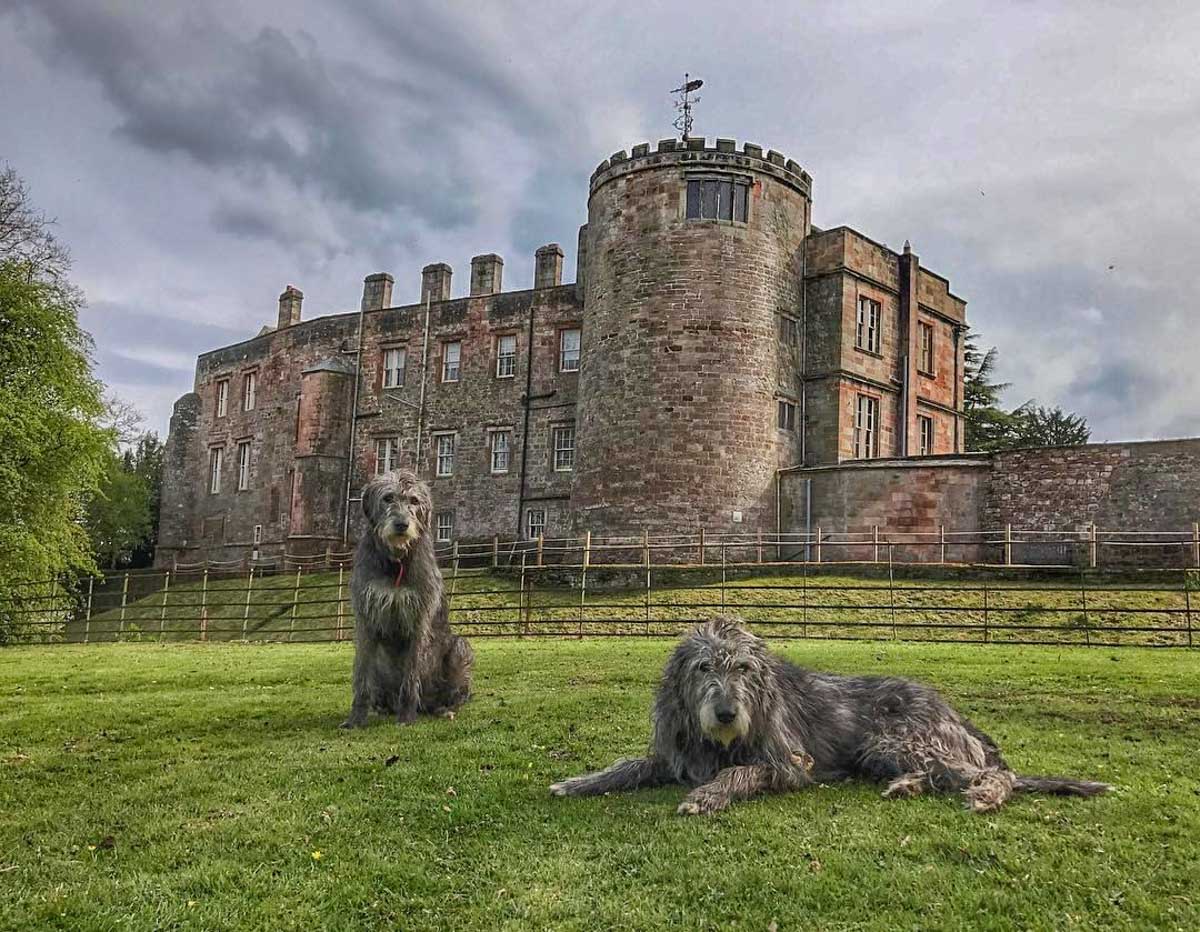
Ownership by Lady Anne Clifford
Perhaps the most famous resident of Appleby Castle was Lady Anne Clifford, who restored it thoroughly in the mid 1600s and eventually made it her home.
Throughout the Yorkshire Dales and the Eden Valley, Cumbria you will come across castles that were returned back to their glory during her ownership. I have done articles on some of them already, including the lovely Brougham Castle, the romantically situated Pendragon Castle, and the once-so-important Brough Castle.
Lady Anne Clifford was born at Skipton Castle, a castle that is still a great place to visit and learn more about Lady Anne Clifford.

Appleby Castle is one of the very few Lady Anne castles that is not a ruin today.
Current Owners
At the time of writing, the current owner of Appleby Castle is a Mrs Sally Nightingale. As you walk around the place you can see they are doing their best with a hotel of sorts, and have completed a great renovation, bringing the Norman Keep back to its former glory and opening it as a Norman Centre to visit. More on that later.

Appleby Castle Hotel
The rooms you can stay in at Appleby Castle, in the hotel part, have been done in a way that you are stepping back in time, or should I say sleeping back in time.
Old four poster beds and old furniture adorn a couple of the rooms. A lot of the rooms are old servant quarters converted into bedrooms. Unfortunately there is not a lot of upkeep happening, so they are dated in other ways too, alas.
Accomodation prices are what you’d expect for castle prices but, as I say, it is certainly quirky. Management and customer care is a bit chaotic and has been known to be abrupt, even when I have been there.
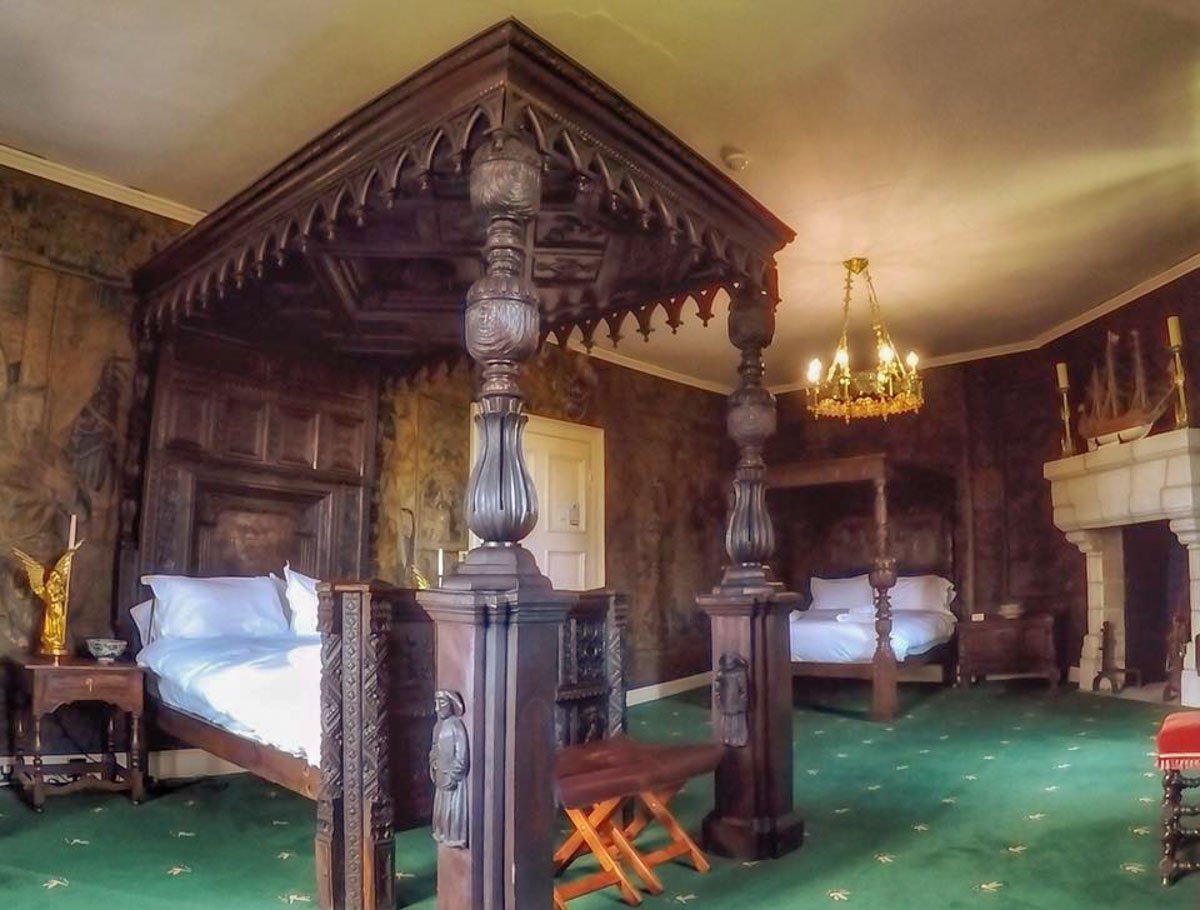
Reviews on well known booking and review sites echo this sentiment. It is such a shame really as with improved management this place would be a magnet for tourism and the local businesses.
Appleby Castle has far more history and features than other well known Castle Hotels, though a fair amount of work remains to get it properly on the map. Just being a castle doesn’t a destination make.
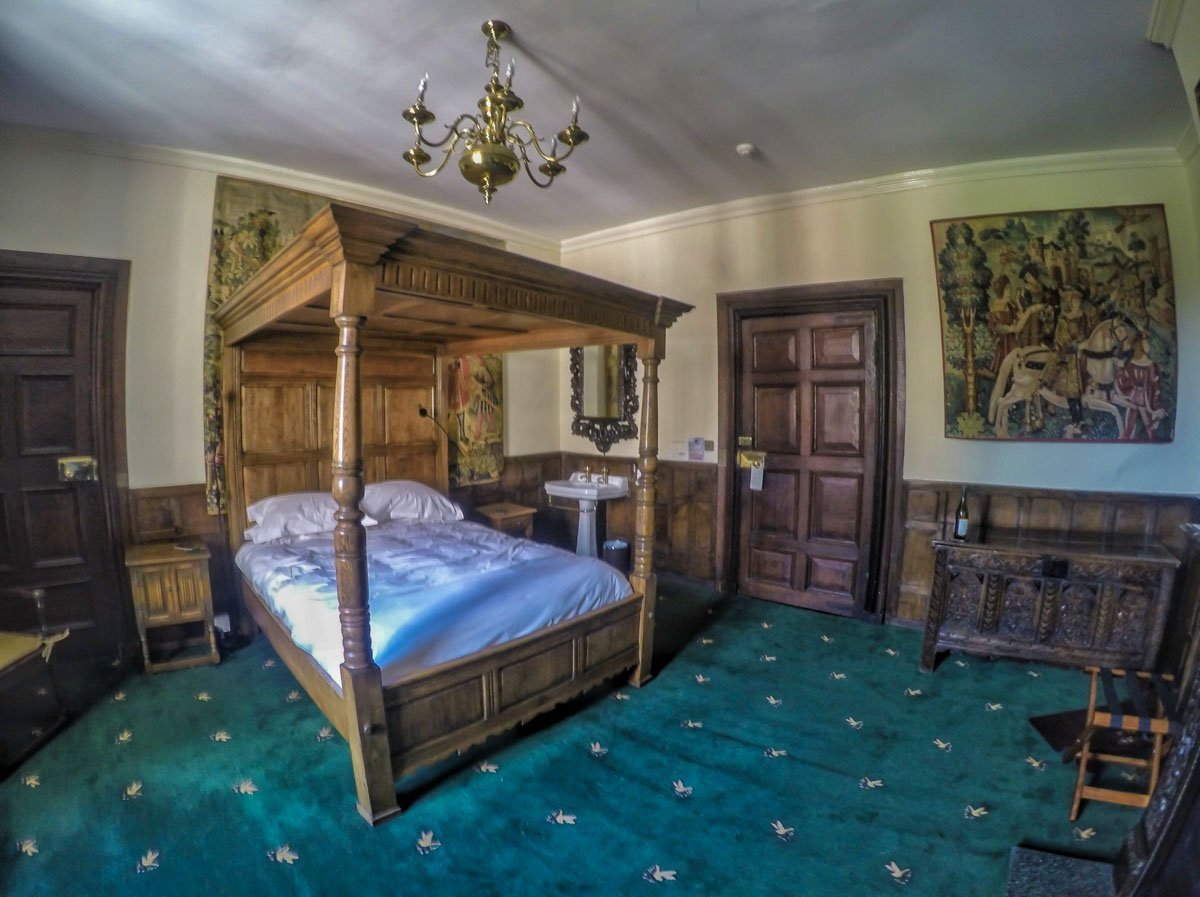

Dining At Appleby Castle
It is, unfortunately, a similar story with Appleby Castle dining. While you’ll pay luxury fine dining prices for the privilege of eating in a castle, the food and service don’t reflect those of a luxury fine dining experience.
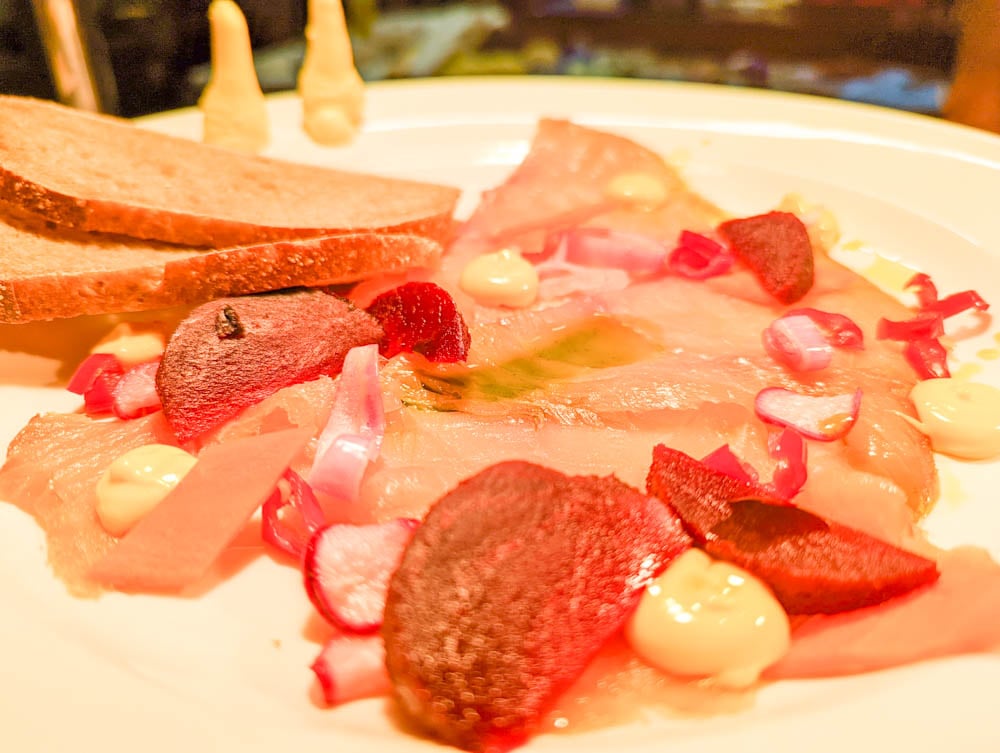
For a meal costing nearly £50 each you would expect an exquisite plate. The food is good, don’t get me wrong, but for me it is on a par with many more mainstream establishments that sell meals like this for around £20.

Breakfast is also inconsistent at best. When you book to stay at the castle it is not B&B, you are always charged extra if they wish to take breakfast in the castle, and on many days due to staff issues, only a light continental meal is available.
Walking the Grounds
As for a day visit, you can walk around the grounds of Appleby Castle and enjoy a tour of the Norman Centre.
You can also walk down by the River Eden or within the trees where you just might see a Red Squirrel.
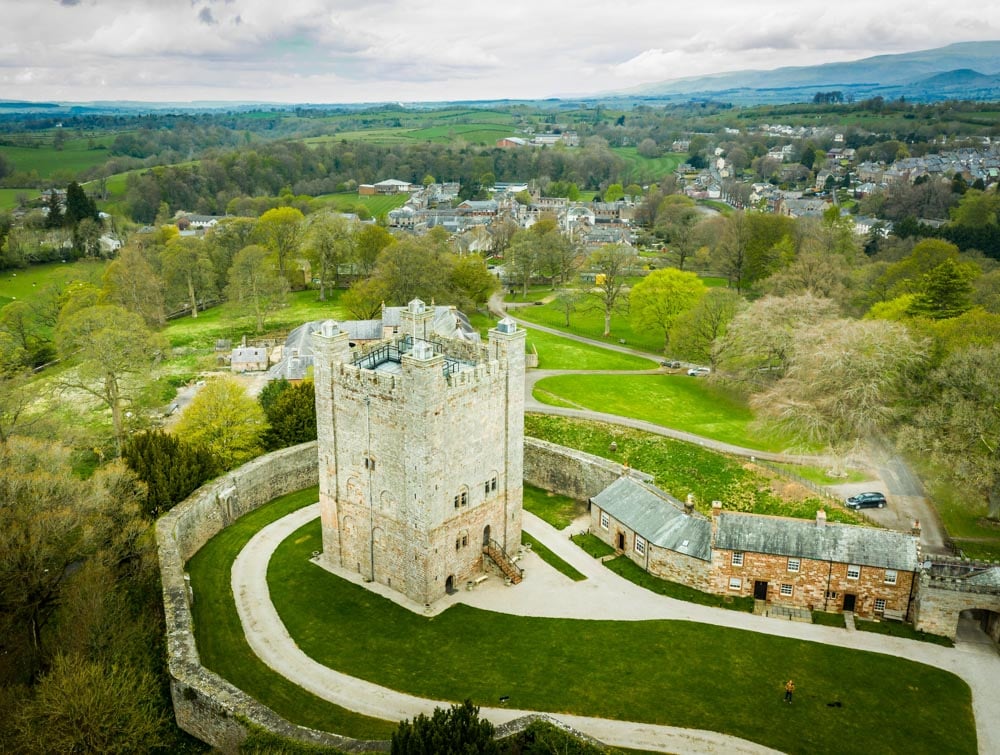
There are pathways leading in all directions to a whole variety of interesting views and architecture. One of my favourite pathways here is the tunnel of yew trees.
These were reputed to have been planted by Lady Anne Clifford herself. The light hits them perfectly and it is a gem of a start to a castle gardens walk.
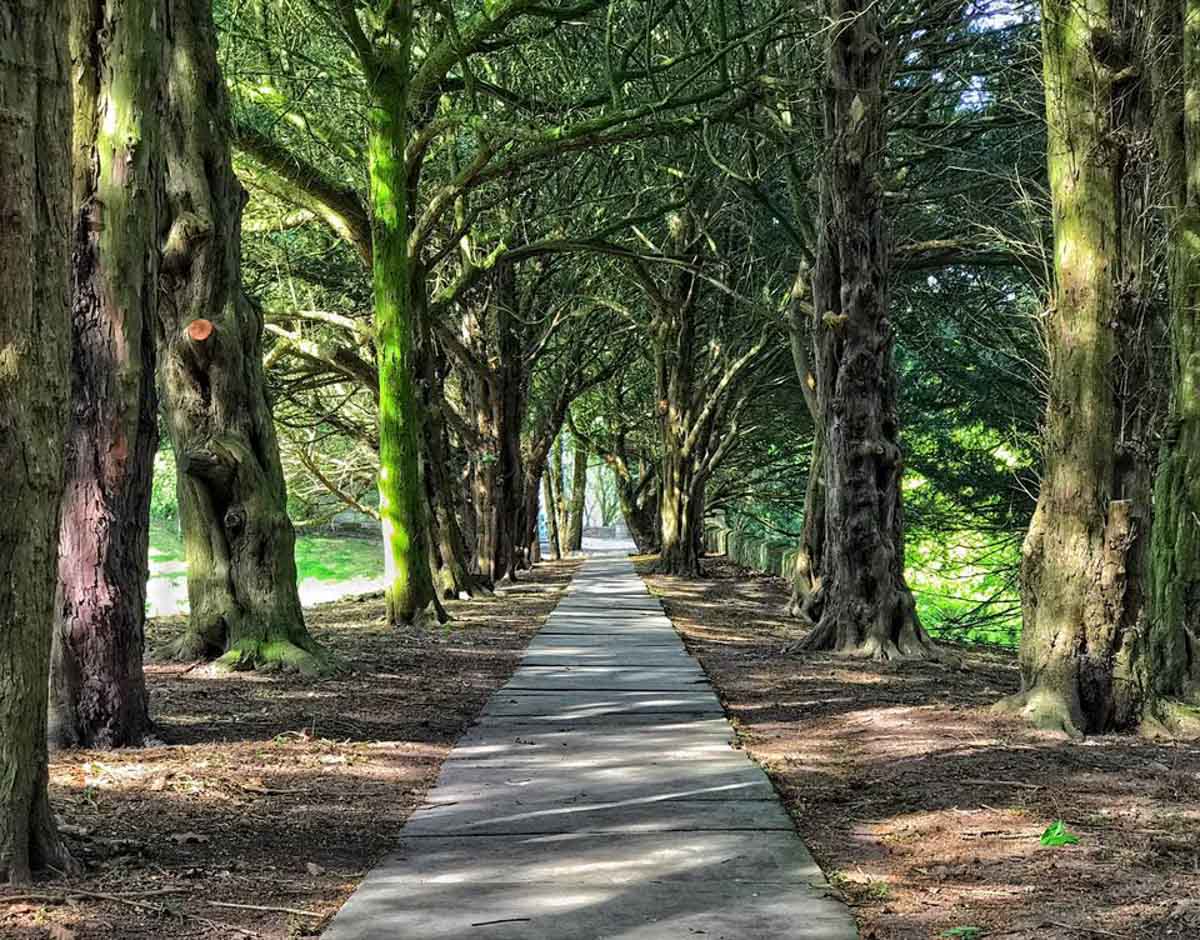
The Norman Centre
The Norman Keep of Appleby Castle is a historic treasure. Dated from the 12th Century, it has now been renovated and turned into a museum, called The Norman Centre, about the history of Appleby Castle.

A great draw to this feature is being able to get on to the roof of the Keep where you can take in views from every direction, seeing as far as the North Pennines with High Cup Nick seen prominently, and Lake District mountains on a clear day.
Getting to Appleby Castle
By Train:
The nearest train station to Appleby Castle is Appleby Station, which is located approximately 1 mile away. From there, you can either take a taxi or walk to the castle, which is a short distance.
By Road:
If you are traveling by car, you can reach Appleby Castle via the A66 or the A685 major roadways. These roads provide easy access to the castle and are well signposted. There is ample parking available at the castle for visitors.
By Public Transport:
There are bus services available in the area that can take you to Appleby Castle. You can check the local bus schedule for specific routes and timings.
Conclusion
I love historic places and Appleby Town is certainly a place full of history. A lovely little town to visit. The castle is a big part of that history and should be a shining light of Cumbria.
If you are in the area it is worth taking a look around and seeing it all for yourself. The buildings, the grounds and learning about the history. If you go on a castle history tour, the guide, Kenneth, is absolutely fantastic. He puts everything into passing on his vast knowledge and is a highlight.
Appleby Castle Hotel itself could be a more welcoming, and its value for money is sadly lacking. Hopefully, in time, improved management and investment will make it an even greater asset to the people of Appleby Town and the Eden Valley.









Very interesting read thanks
I’m a massive fan of your photos! I really like how you are using the latest technology to get even more interesting perspectives.
Thank you so much… very kind of you to say 🙂